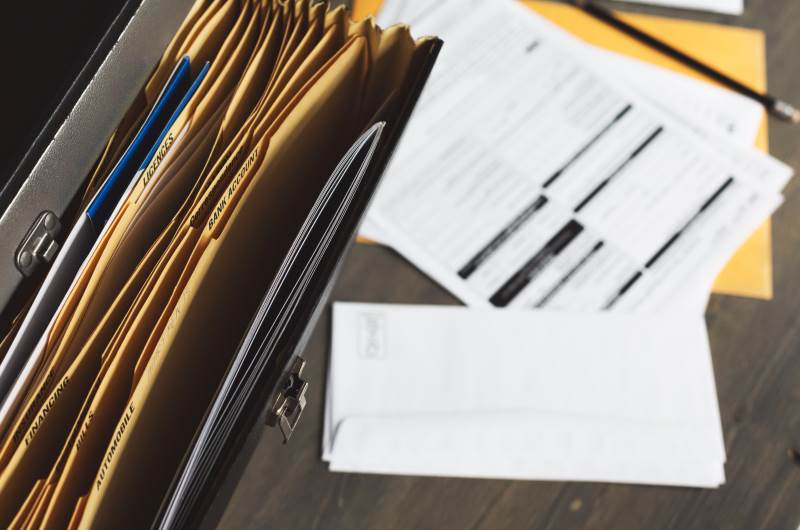The Most Important Mortgage Documents To Keep

Home loan application always requires assembling a range of documents, but once you’ve completed your transaction, it is hard to think about holding on to all of paperwork. The following documents should be kept handy and in a safe place while you still own the home:
Property Deed
After transaction close, you take the title to become the owner of the property, you will receive a legal document that conveys or confirms the ownership rights to the property called deed. Typically, the property deed is mailed to you after the title transfer documents are recorded in your local county’s public records office. your personal copy is the quickest way to prove that you are the owner of your home.
Deed of Trust and Promissory Note
Your deed of trust and promissory note are incredibly important, these documents are agreements to the rate and terms of your loan. You may want to refer to these documents later. You shall keep these documents for at least as long as you keep this loan. If you paid off you home loan, you shall keep paid-off proof of any loans, mortgages (also called deeds of trust), and deeds in your name, such as a “release” or “certificate of satisfaction,” indicating that the paid mortgage was recorded properly
If the mortgage you applied is home equity line of credit or in junior lien position, make sure to keep the Subordination Agreement as well. The subordination agreement is a legal document used to make the claim of one party junior to (or inferior to) a claim in favor of another. This subordination agreement could be required when you apply for home loan refinance in future.
Closing Disclosure (CD)
Mortgage lenders must provide borrowers with a closing disclosure (also called a CD) before settlement. It is very important to have the CD handy for future reference since this CD details the fees you paid to the lender and 3rd parties, and is an itemized list of all the costs associated with closing and your mortgage. It is the document needed when you file your taxes if you want to take deductions for things such as mortgage points and cost. You should hold on to the Closing Disclosure for at least a year after closing on their mortgage.
